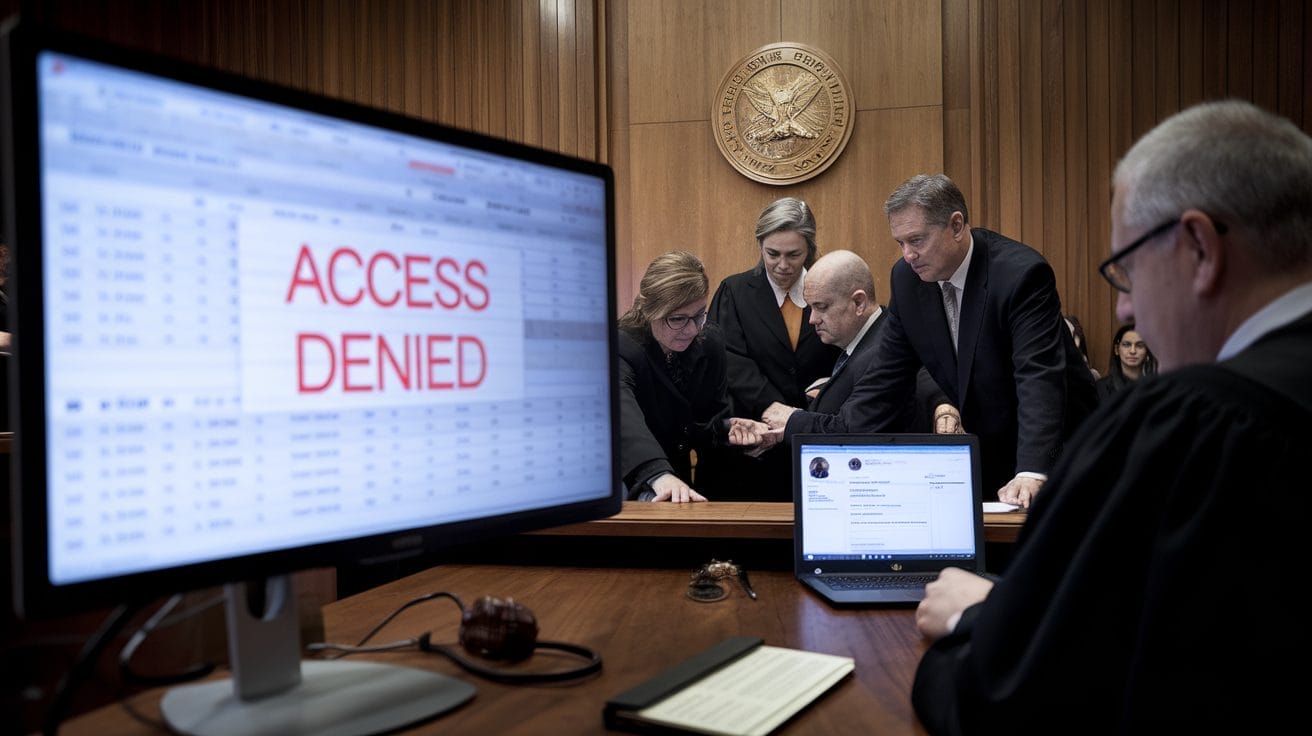Are you aspiring to attend one of the top law schools in the United States? Wondering what exactly a tier 1 law school is and which schools fall under this prestigious category? Look no further!
Tier 1 law schools, also known as T14 law schools, are the crème de la crème of legal education. These schools consistently rank between 1 and 14 in the highly regarded USNews law school rankings. Attending a tier 1 law school not only offers exceptional education but also opens doors to prestigious employment opportunities.
Key Takeaways:
- A tier 1 law school refers to the top-ranked law schools in the United States.
- These schools are known for their elite legal education and consistently rank between 1 and 14 in the USNews law school rankings.
- Attending a tier 1 law school can provide access to prestigious employment opportunities.
- Some notable tier 1 law schools include Yale, Stanford, Harvard, and Columbia.
- Law school rankings play a crucial role in determining the quality and prestige of an institution.
Exploring Tier 2 Law Schools – Local Opportunities
Tier 2 law schools offer a plethora of local opportunities for aspiring legal professionals. While they may not be ranked among the top-tier law schools, they still provide excellent employment outcomes and a high-quality legal education.
Graduates from reputable tier 2 law schools often secure top-tier job opportunities, typically within their local regions. Although these schools may not have the same national recognition as their higher-ranking counterparts, they are known for producing highly competent and successful graduates.
Here are some examples of tier 2 law schools:
- Vanderbilt University
- Washington University in St. Louis
- Northwestern University
- University of Texas at Austin
- University of California—Berkeley
- University of Georgia
- University of Southern California
These schools offer a range of programs and opportunities that equip students with the necessary skills and knowledge to excel in their legal careers. While they may not have the same level of prestige as top-tier law schools, they are known within their respective regions for their strong academic programs and faculty.
The rankings for tier 2 law schools can be found in resources such as the Above the Law rankings, which provide valuable insights into their respective standings.
Exploring tier 2 law schools can be a viable option for those seeking a reputable legal education and lucrative local job opportunities. These schools provide a solid foundation for aspiring legal professionals to thrive regionally and build successful careers in their chosen areas of practice.
Understanding Tier 3 Law Schools – Varied Rankings
Tier 3 law schools encompass the remaining law schools that are individually ranked by USNews. These schools have rankings that can fluctuate from year to year, reflecting changes in various factors such as employment outcomes and educational resources.
To identify specific tier 3 law schools in a given year, one can refer to the USNews rankings. These schools are not listed in tier 1 or tier 2 and are typically ranked 146 or above. While there are approximately 100 tier 3 law schools, it is not feasible to list them all.
However, the Law School Discord (LSD) rankings can provide valuable insights for identifying tier 3 schools that are ranked 146 or better. These rankings offer alternative perspectives and additional information to consider when researching and comparing law schools.
Considerations for Tier 3 Law Schools
When evaluating tier 3 law schools, it is important to take into account various factors that can impact your legal education and future career prospects. Some considerations include:
- Regional Focus: Tier 3 law schools often have a more local or regional influence, with a stronger network and job opportunities within their specific geographic area.
- Specialized Programs: Many tier 3 law schools offer strong programs in specific areas of law, providing opportunities for focused study and potential career specialization.
- Diverse Class Profiles: Tier 3 law schools often have a more diverse student body, which can foster a rich learning environment and a broader range of perspectives.
- Individual Fit: Choosing a law school is a personal decision that should align with your goals, interests, and learning preferences. It is essential to visit campuses, speak with current students and faculty, and assess the overall fit for your legal education journey.
While tier 3 law schools may not have the same level of national recognition as tier 1 or tier 2 institutions, they can still provide a solid legal education and a pathway to a successful legal career. It is crucial to research and consider the specific strengths, resources, and opportunities offered by each individual law school in order to make an informed decision.
Exploring Tier 4 Law Schools – ABA Accreditation
Tier 4 law schools represent a group of law schools accredited by the American Bar Association (ABA) that have not been previously mentioned. While some tier 4 schools are included in the USNews rankings within a specific range (147-192), others are not ranked at all. It is important to note that the distinction between unranked law schools and those ranked 147-192 is minimal.
Attending a non-accredited law school is generally considered to be of lower value than attending a tier 4 law school. Therefore, potential law students should exercise caution when considering institutions that are not accredited by the ABA.
Tier 4 law schools may not have the same level of national recognition or prestige as higher-ranked schools, but they still offer a path to obtaining a law degree and pursuing a career in the legal field. While rankings can be a useful tool for evaluating law schools, it is also important to consider individual goals, preferences, and fit when making a decision about which law school to attend.
The Importance of Law School Rankings
Law school rankings, including the tier categorizations, can have a significant impact on how a law school is perceived in terms of its quality and prestige. These rankings are typically determined by considering factors such as selectivity, employment outcomes, and the overall educational resources offered by the institution.
However, it is essential to recognize that rankings should not be the sole determining factor when choosing a law school. While it is natural to place importance on rankings, it is equally important to consider other crucial factors. These factors include personal and career goals, location preferences, financial considerations, and finding a law school that aligns with your individual needs and values.
Prospective law students are strongly encouraged to conduct thorough research and evaluation of various aspects before making a final decision on which law school to attend. This includes not only reviewing law school rankings, but also visiting campuses, speaking with current students and alumni, exploring curriculum offerings, and assessing opportunities for internships and clinical programs.













